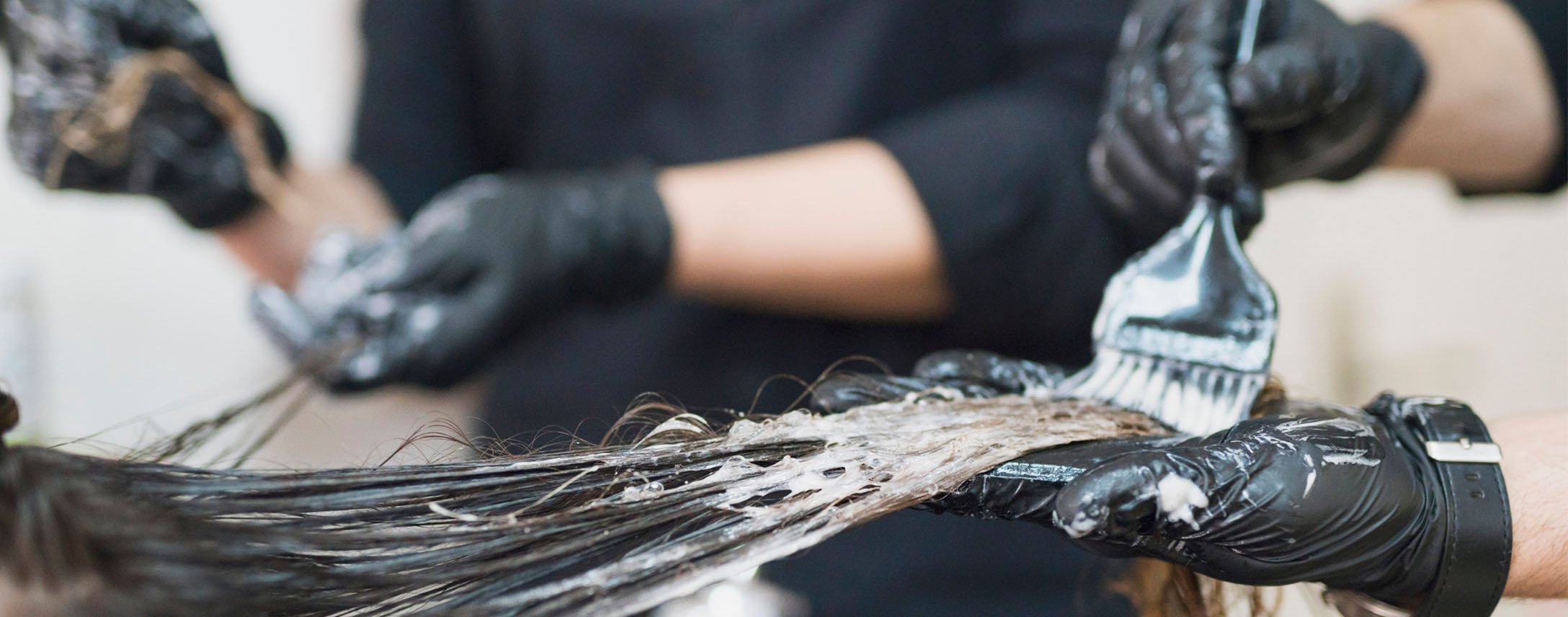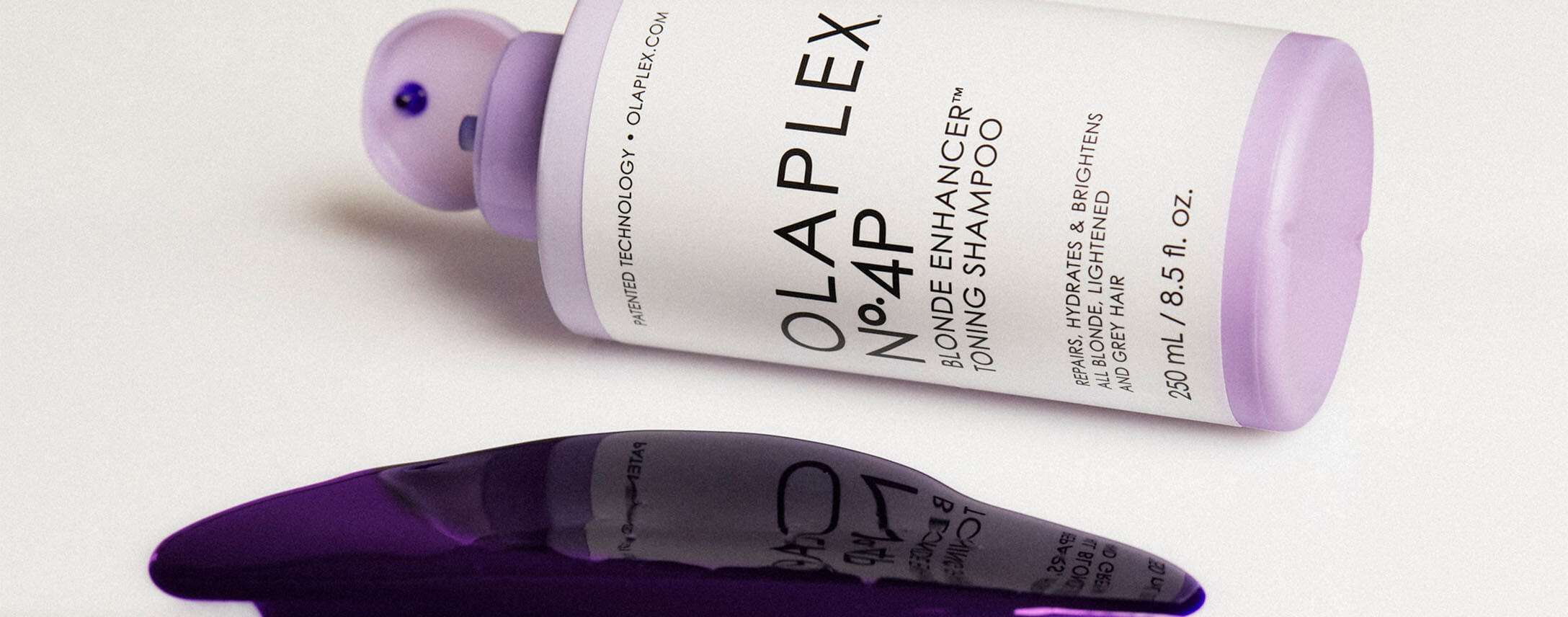Blogs
Featured Posts
30 June 2025 |
Posted
by
Salon Services
in
Hair
01 May 2025 |
Posted
by
Salon Services
in
Hair
10 April 2025 |
Posted
by
Salon Services
in
Hair
All posts
10 April 2025 |
Posted
by
Salon Services
in
Hair

10 April 2025 |
Posted
by
Salon Services
in
Hair

09 April 2025 |
Posted
by
Salon Services
in
Hair

09 April 2025 |
Posted
by
Salon Services
in
Hair



